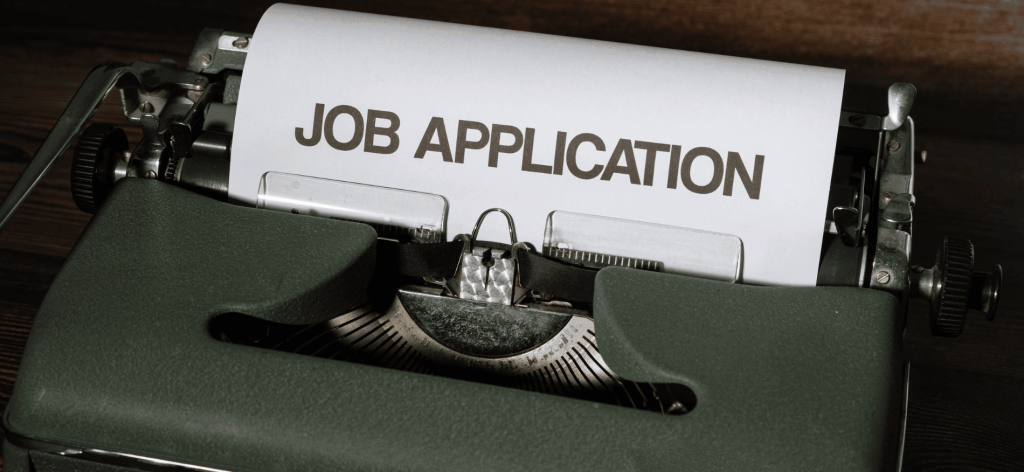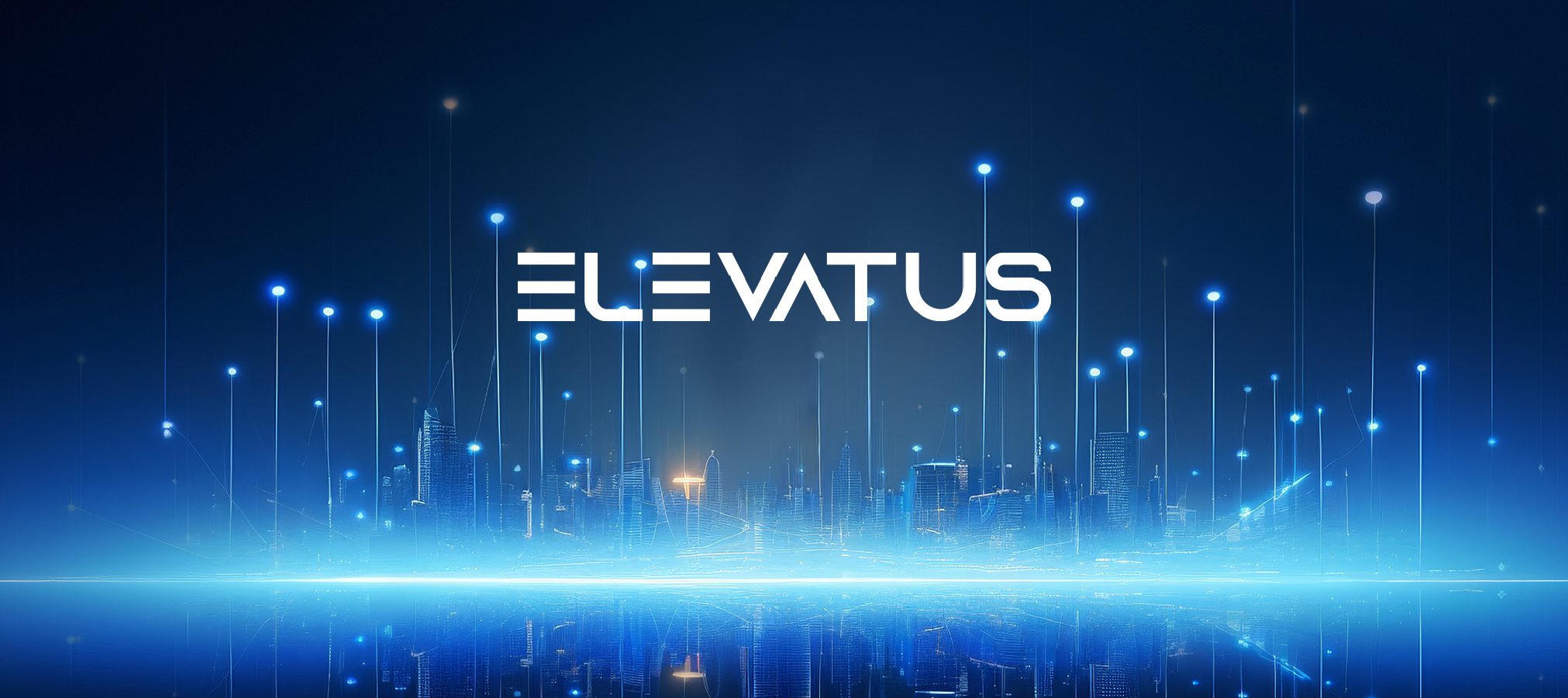
Candidate Assessment
The Power of Hiring Assessments: What Every Employer Should Know to Avoid Bad Hires
September 25, 2023



Kiran Kazim
Content Writer
Your hiring decisions. You understand their immense value in shaping the future of your company. You’ve poured over resumes, conducted countless interviews, and made what you believed were informed choices. But then, the new hire doesn’t fit the team, or worse, turns out to be a bad fit for the role altogether. No productivity boost, no smooth team integration, just wasted resources and time. It’s a scenario that could make any employer question their judgment.
Think you need to revamp your entire hiring process? Not necessarily. The secret might be simpler than you imagine. Integrating hiring assessments could be the game-changer to ensure you onboard the right talent every time. You are going to learn this in this blog so stick around.
The Art of Perfect Hiring: How the Right Candidates Transform Your Organization


Hiring the right candidate is a critical investment for an organization’s future success. To get it right, many companies are turning to hiring assessments, considered some of the best tools available for making data-driven decisions. But are hiring assessments effective in ensuring you choose the right person for the job? The answer is a resounding yes, provided they’re used correctly.
When it comes to defining the term, hiring assessments are standardized tools specifically designed to evaluate a candidate’s skills, personality, and cognitive abilities. These assessments for hiring are considered more objective than traditional methods like interviews and resume screenings, offering a comprehensive view of a candidate’s suitability for a role.
Diverse Tools, Defined Goals: Navigating the Different Types of Assessments and Their Aims
1. Personality Assessments: Often cited as some of the best hiring assessments for understanding an individual’s behavioral style. These tools help determine whether a candidate will thrive in a team environment or a specific work culture.
2. Skills Assessments: These are crucial assessments for hiring when job-specific skills are paramount. For instance, technical roles may use coding tests, while sales roles could include simulated selling scenarios.
3. Cognitive Abilities Assessments: These are designed to evaluate a candidate’s problem-solving, analytical, and quick-learning abilities. This form of employee hiring assessment is particularly effective for roles requiring complex decision-making skills.
4. Situational Judgment Tests: These focus on how a candidate may react to job-specific scenarios, offering a hiring candidate assessment that’s insightful for evaluating problem-solving, ethical reasoning, and interpersonal skills.
When carefully chosen and properly implemented, these assessments can dramatically improve the success rate of your hiring process. They offer a level of insight that goes beyond gut feeling and subjective evaluation, answering the question of ‘is hiring assessments effective?’ with compelling evidence.
Adopting a range of employee hiring assessments can help you not just fill a position but find the best possible fit for your organization. These tools can save you from the far-reaching consequences of a poor hiring decision, making them a crucial part of any modern recruitment strategy.
Revolutionize Your Talent Acquisition: The Compelling Case for Employee Hiring Assessments


Navigating the labyrinth of talent acquisition is a high-stakes endeavor for any organization. While traditional hiring methods have their merits, they often fall short in providing a comprehensive understanding of candidates. This is where employee hiring assessments come in—these tools are often touted as the best hiring assessments available for generating precise, objective data. In this article, we delve into the transformative benefits that these assessments for hiring can bring to your recruitment process.
More Than Meets the Eye: Unlocking a Candidate’s Full Spectrum of Abilities
Among the first benefits of assessments for hiring is that they offer a more comprehensive view of a candidate’s capabilities. Traditional methods like resumes and interviews often scratch only the surface. With hiring assessments, you gain insights into technical skills, emotional intelligence, and problem-solving abilities—attributes critical in today’s fast-paced workplaces.
Beyond the Resume: Identifying Candidates for a Truly Holistic Fit
When you need to ensure that your new hires bring the right blend of skills, attitudes, and cultural fit, hiring candidate assessment tools are indispensable. They go beyond what resumes can offer, using real-time tasks and personality assessments to determine how well candidates align with your company’s ethos.
Did you know that you can get to know your applicants better through reliable personality reports that are backed by modern science? EVA-SESS is a futuristic video interviewing software that lets you generate scientifically validated AI-personality reports that measure real potential and save you time.
Loving What They Do: How Assessments Lead to Higher Job Satisfaction
Employee job satisfaction increases when they are in roles that tap into their core competencies and aspirations. By leveraging employee hiring assessments, you can align candidates with roles where they will thrive, boosting their productivity and increasing their likelihood of long-term commitment to your company.
Stop the Revolving Door: Lowering Turnover Through Targeted Hiring
High turnover is not just a morale-drainer; it’s also a financial sinkhole. Are hiring assessments effective in reducing turnover? Absolutely. By ensuring a better fit between the job role and the candidate, these assessments diminish the likelihood of quick exits, saving you money in the long run.
Not Just a Team, But a Symphony: Creating Well-Balanced Cohorts
Hiring assessments are instrumental in helping you construct teams where members’ skills are complementary. Whether it’s balancing creativity with analytics or leadership with technical skills, assessments for hiring give you the framework to build a dream team.
Raising the Bar: Optimizing Team Performance with the Right Hires
Higher job performance is a natural outcome when employees are well-suited to their roles. By using some of the best hiring assessments, you place individuals in roles where they can excel, leading to better overall performance metrics for your organization.
From Day One: Tailored Onboarding for Immediate Impact
With the rich data provided by employee hiring assessments, you can create personalized onboarding and targeted training programs. This streamlines the onboarding process, focusing on the unique needs of each new hire and getting them up to speed faster.
Leveling the Playing Field: Minimizing Unconscious Bias
One of the less-spoken but equally significant advantages of these assessments is their ability to minimize unconscious bias in hiring decisions. By relying on objective data, these tests can act as an equalizer, ensuring that candidates are assessed based on merit and compatibility alone.
Count the Savings: The Financial Upsides of Informed Hiring
In the grand scheme of things, the minor upfront cost of implementing employee hiring assessments is dwarfed by the financial savings they can offer. From reduced turnover to higher productivity and job performance, the return on investment makes these assessments a must-have in modern recruitment strategies.
In a nutshell, employee hiring assessments are far from a checklist item; they are a potent weapon in your recruitment arsenal. Offering a plethora of advantages, from boosting job performance to reducing financial waste, the case for integrating these tools into your hiring process is compelling. Take your hiring strategy to the next level by adopting these proven assessment methods, and build a workforce that is not just effective but also engaged and enduring.
Do Hiring Assessments Really Work? Unpacking the Truth About Their Impact and Influencers


The hiring landscape has evolved, and so have the tools that help us navigate it. One of the most debated tools in the talent acquisition toolkit is the hiring assessment. It prompts the question: Are hiring assessments effective? The answer largely depends on how these tools are implemented and utilized within the broader context of your recruitment strategy.
The Truth About Effectiveness
The effectiveness of a hiring assessment is not just about the test itself but also about how well it aligns with the specific needs and culture of your organization. For an assessment to be effective, it must measure the right skills, aptitudes, and attributes that correspond to success in the role for which you are hiring. There are several types of hiring assessments, ranging from those that test technical skills to personality tests and situational judgment scenarios. Using the best hiring assessments for your specific needs is crucial for success.
Factors That Influence Effectiveness
Several factors can influence the effectiveness of your hiring candidate assessment strategy. The first is the relevance of the assessment to the job role. Is the test measuring what it needs to measure for the role you’re hiring for? Another factor is the timing of the assessment. Administering it too early or too late in the recruitment process can influence its effectiveness.
Also, consider the user experience. An assessment that is too long or too complicated may turn off potential talent. Moreover, any employee hiring assessment must be validated for reliability and fairness to ensure that it is free from any bias and legally defensible.
Implementing Hiring Assessments Successfully
To integrate assessments for hiring successfully into your recruitment process, start by identifying the specific skills and attributes that are critical for the role. Next, choose an assessment that measures these attributes reliably. Consider piloting the test with a small group first to gather data on its effectiveness. Once you’re confident in the test’s validity and reliability, integrate it into your hiring workflow at an appropriate stage—usually after initial resume screening but before final interviews.
Hiring assessments can be effective if they are well-chosen, relevant, and implemented thoughtfully. They can serve as a critical tool in your hiring arsenal, but like any tool, their effectiveness is determined by the skill with which they are used. Given the complexity and high stakes of the hiring process, a one-size-fits-all approach rarely works. Tailoring your assessments to fit your unique organizational needs is key to leveraging their full potential.
The Art of Customization: How to Tailor Hiring Assessments to Your Company’s Unique DNA
In a world where ‘fit’ and ‘culture’ have become buzzwords in hiring circles, the need for customized hiring candidate assessments has never been more pressing. A generic test won’t tell you if a candidate will thrive in your specific work environment or if they’ll connect with your unique team dynamics. Tailoring assessments to match your company’s culture and the requirements of individual roles isn’t just good practice—it’s a game-changer. Here’s how you can do it effectively:
The Alignment Game: Pairing Assessments with Company Culture
Your company is more than a list of job roles; it’s a living, breathing entity with its own values, behaviors, and aspirations. An effective employee hiring assessment should capture this essence. Think of your company culture as a complex recipe. Just as you wouldn’t add chili to a cake recipe, you wouldn’t want an employee whose characteristics clash with the culture you’ve nurtured.
To tailor your assessments, begin by conducting a thorough culture audit. What are the values that define your workspace? Innovation? Teamwork? Autonomy? Once you’ve identified these, consult with organizational psychologists or use specialized software to create or modify assessments that can measure these cultural attributes. Instead of just asking, “Can this person do the job?” your assessment will also answer, “Will this person love the job here?”
The Role-Specific Playbook: Crafting Assessments for Different Job Roles
Your workforce is a mosaic of different roles and responsibilities, each requiring a unique blend of skills and personality traits. A great salesperson might not make a great data analyst. The assessments you use should reflect this diversity.
Start by mapping out competency frameworks for each role within your organization. Are you looking for a project manager? The ability to multitask and lead a team might be at the top of your competency list. If you’re hiring a graphic designer, creativity, and proficiency in design software might be your focus.
Next, customize the assessment to probe these competencies. Technical roles may require problem-solving assessments, while client-facing roles might benefit from emotional intelligence tests. If you’re looking for senior management, situational judgment tests that place candidates in job-relevant dilemmas could be highly informative. The key is to align the test with the specific skills and aptitudes required for each role.
The Customization Cycle: Continuous Improvement
Tailoring assessments is not a ‘set it and forget it’ task. As your company evolves, so should your assessments. Regularly gather data on new hires’ performance and satisfaction levels to see if the assessments are predictive and relevant. Are employees who scored high on teamwork actually effective in teams? Do those who fit the culture on paper also fit in practice? Use these insights to make data-driven tweaks to your assessments.
By investing the time and effort to tailor your hiring assessments, you’re not just filling roles; you’re finding the right people who will contribute to and thrive in your unique corporate culture. In doing so, you’re setting the stage for enhanced productivity, reduced turnover, and a more harmonious workplace. After all, in today’s competitive landscape, custom-fit will always trump one-size-fits-all.
The Final Word on Tailored Hiring Assessments
In an age where the cost of a bad hire can severely impact an organization’s success, the role of hiring assessments is no longer a luxury—it’s a necessity. These tools offer a laser-focused lens through which you can view a candidate’s potential compatibility, not just in terms of skills but also in alignment with your company’s unique culture. As we wrap up this conversation, the call to action for employers is clear: embrace the remarkable potential of tailored hiring assessments.
Looking to avoid bad hires and take your assessments to the next level?
EVA-SSESS is an on-demand AI video interviewing software that assesses thousands of applicants remotely in one single click. Designed for companies across the globe, it offers an unbiased platform to discover, assess, nurture, and onboard top-notch talent swiftly, trimming down your screening time by a staggering 90%! Experience the difference firsthand – Request a free demo today!
Turn top talent to employees fast
Hire, assess, onboard and manage top talent for every job. See how Elevatus streamlines everything; from acquire to new hire.
Request a demoAuthor



Kiran Kazim
Don't miss a thing!
Stay one step ahead. Subscribe and get the latest updates, news, and insights from Elevatus straight to your inbox.






